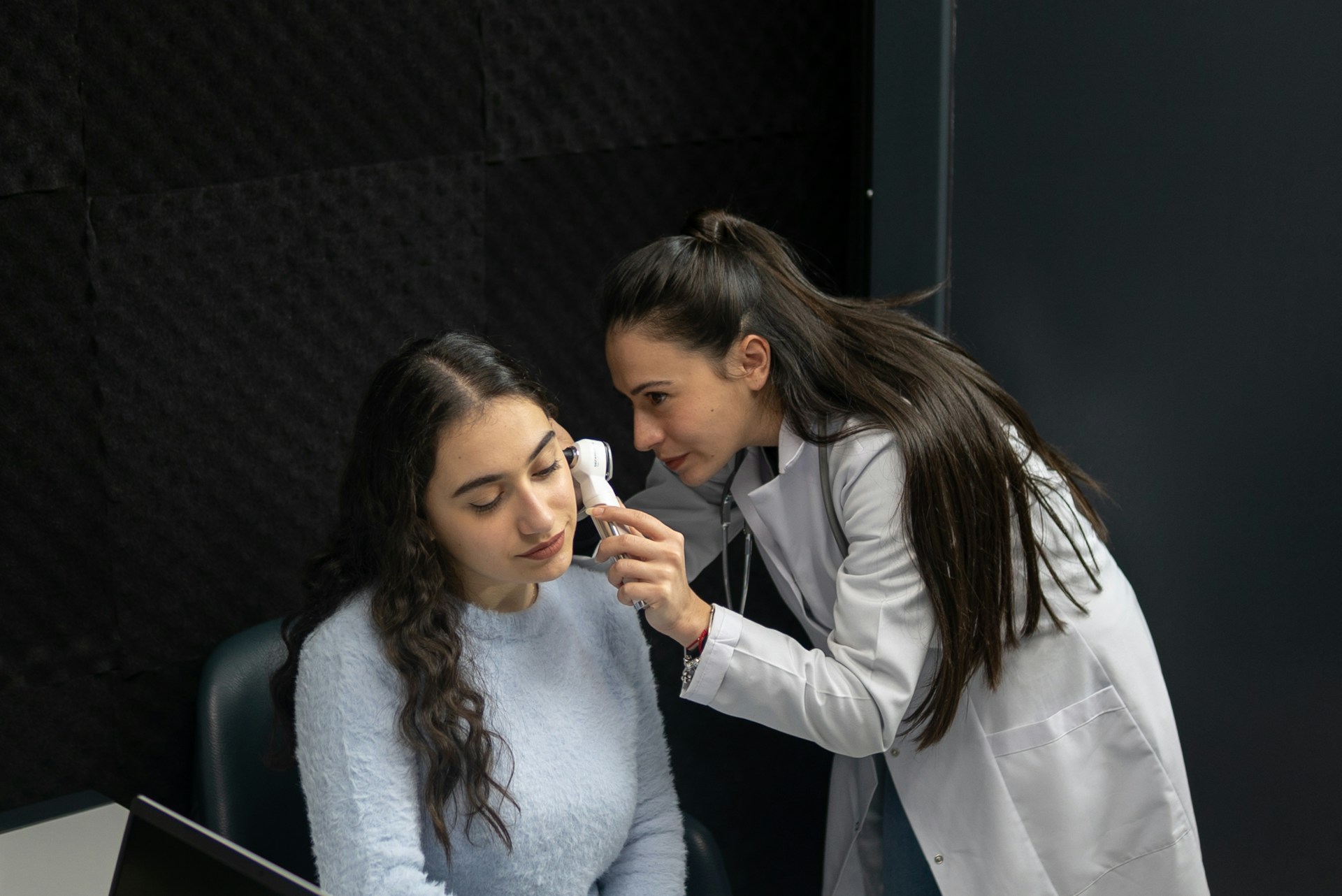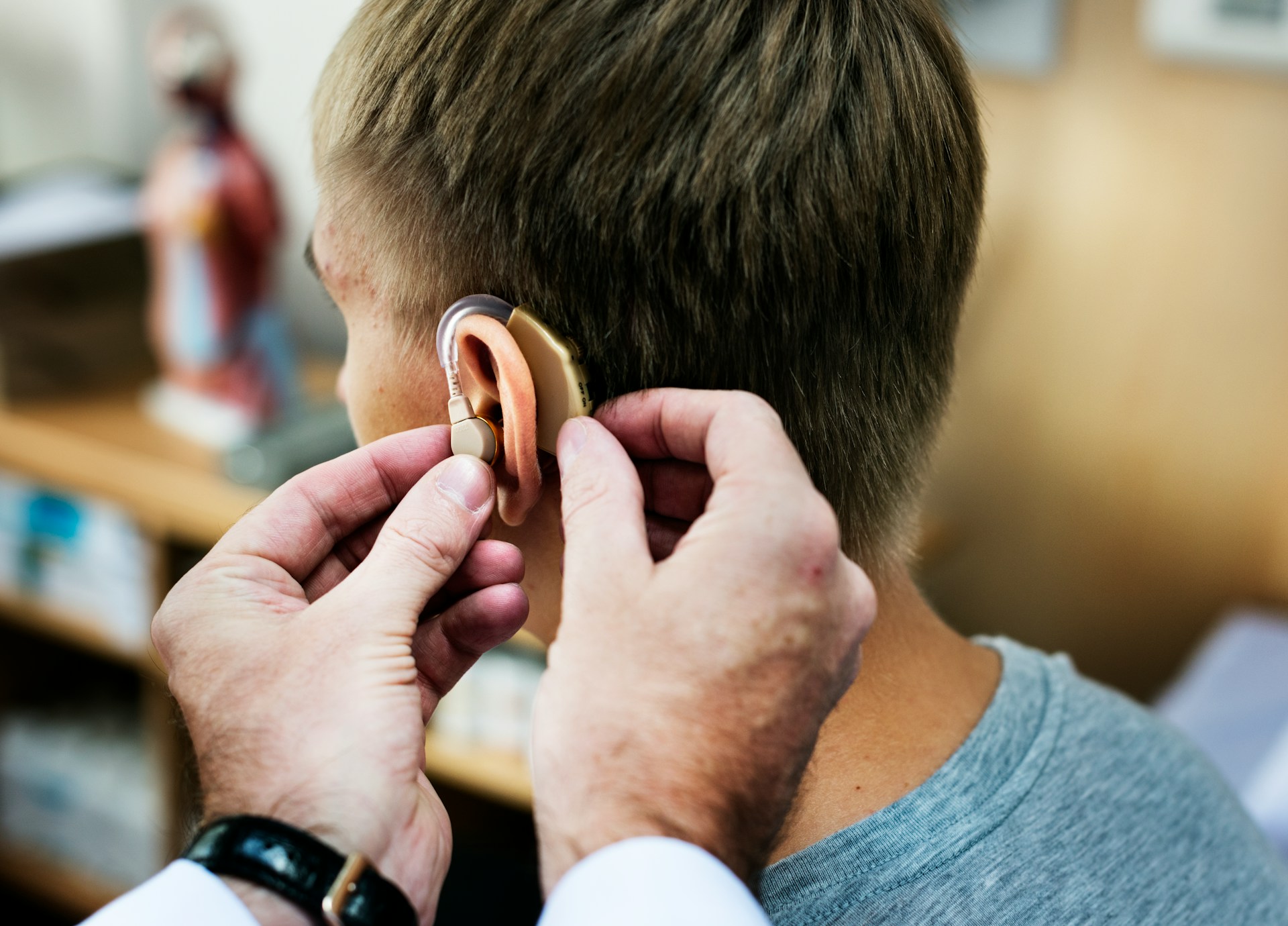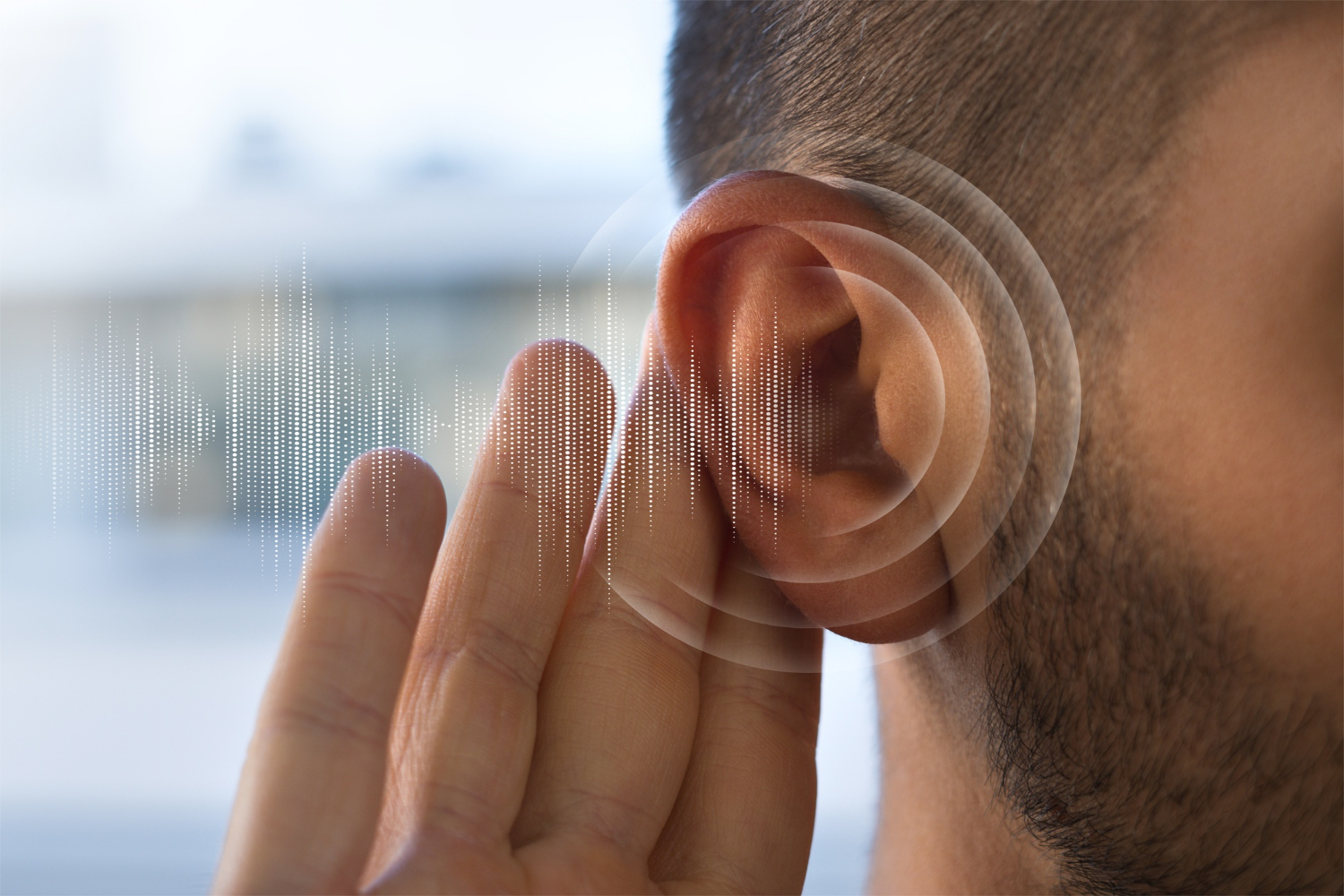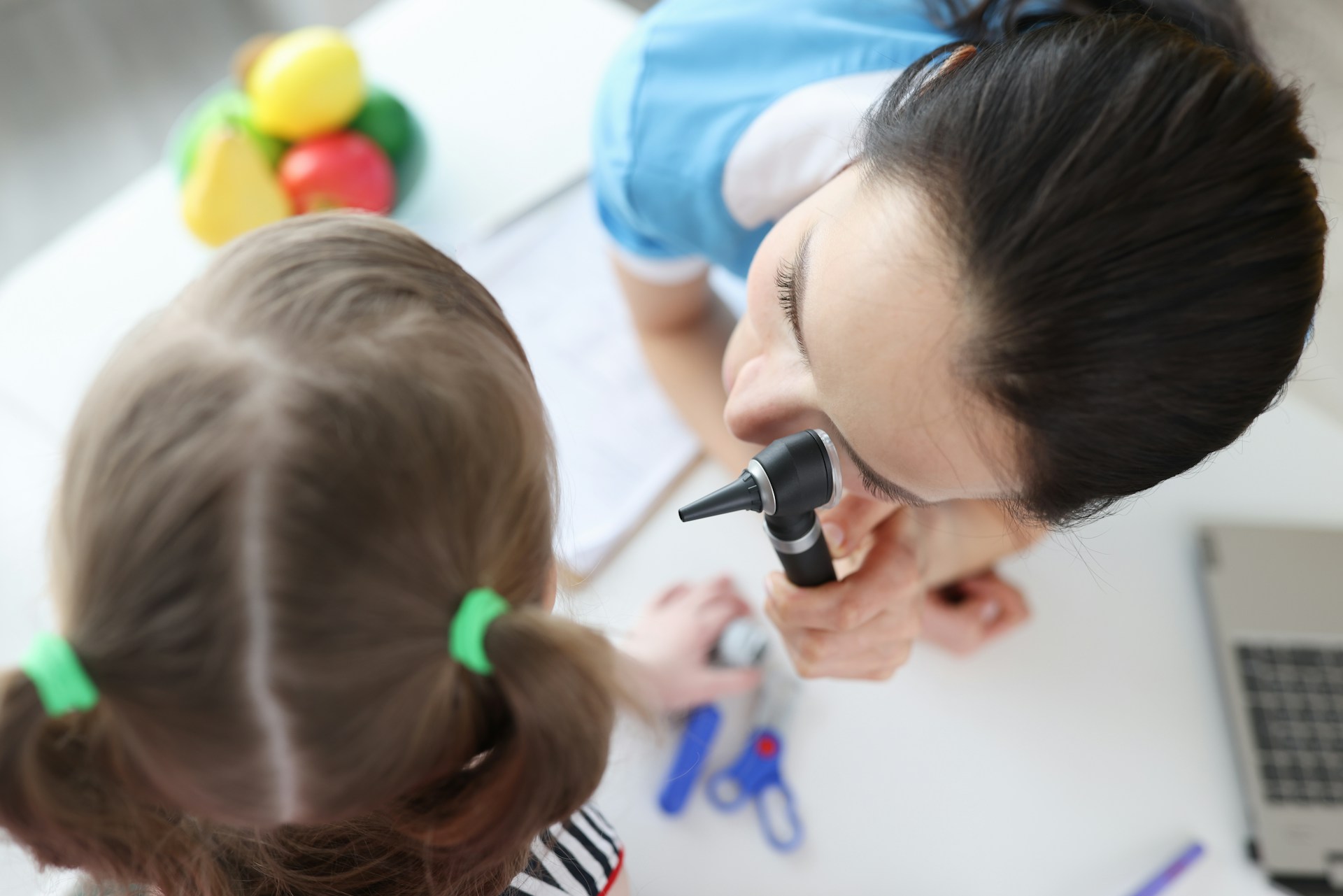Earwax, also known as cerumen, plays a key role in maintaining ear health. It’s a natural substance produced by the glands in our ear canals and helps keep dust and bacteria at bay. Think of earwax as a shield that protects your eardrums from foreign particles and infections. Typically, earwax will move outwards slowly, carrying with it any debris. However, when this process doesn’t go as planned, earwax can build up and cause a host of issues.
When earwax becomes blocked, it might seem like a small inconvenience, but it can have a significant impact on your hearing quality. Blocked earwax can muffle sounds, making it hard to catch conversations or enjoy music. Each time you try to hear something, you’ll likely find it requires more effort and concentration, turning a simple chat or a relaxing song into a frustrating challenge.
What Causes Blocked Ear Wax?
Several factors can lead to blocked earwax. Understanding these causes can help you manage and prevent the problem more effectively:
1. Overproduction of Earwax: Sometimes, the ears produce more wax than necessary. This excess can accumulate, leading to blockage.
2. Use of Earplugs and Earbuds: Frequent use of devices like earplugs or earbuds can push wax back into the ear, encouraging buildup. These items are widely used, especially in noisy environments or for music and calls, and are a common culprit.
3. Improper Cleaning Methods: Many people use cotton swabs to clean their ears, but doing this can actually push wax further in, worsening the blockage. It’s a misconception that swabs effectively clean the ear canal.
4. Narrow Ear Canals: Some individuals naturally have narrower ear canals, making them more prone to blockage as wax cannot easily exit the ear.
5. Age and Health Conditions: As people age, the composition of their earwax can change, becoming harder and more difficult to expel naturally. Additionally, conditions like eczema or other skin disorders can affect earwax production and flow.
Recognizing these factors is the first step in preventing earwax blockage. Making small changes, like switching to outer ear cleaning and limiting the use of earplugs, can help maintain clearer hearing and better ear health.
Symptoms of Blocked Ear Wax
Recognising the signs of blocked earwax is key to addressing issues early. There are several symptoms that can indicate a blockage:
– Hearing Loss: A common symptom where sounds become muffled, impacting the ability to hear clearly during conversations or when listening to media.
– Earache: Blockages can cause discomfort or pain in the affected ear.
– Tinnitus: Sometimes, blocked earwax can lead to a ringing or buzzing sensation in the ear.
– Dizziness: The blockage can affect balance, leading to feelings of dizziness.
– Fullness in the Ear: A sensation of pressure or fullness can occur, often making the ear feel plugged.
If you experience any of these symptoms, it’s a good idea to address them promptly. Ignoring these signs can lead to prolonged discomfort or further complications.
Impact on Daily Life
Blocked earwax can significantly affect daily routines and interactions. Whether at home, work, or social gatherings, the muffling of sounds can lead to misunderstandings or missing important details. This can be particularly frustrating when engaging in conversations, causing the need to continually ask others to repeat themselves.
In workplaces, poor hearing can reduce productivity, as clear communication is key to most tasks. Additionally, people often enjoy listening to music, podcasts, or watching TV to unwind. Blockages make these activities less enjoyable, as sound clarity diminishes. You might end up turning up volumes, which isn’t ideal for your hearing health in the long run.
Safe Removal and Prevention
It’s important to address earwax blockages cautiously to avoid causing damage. Here are some tips:
1. Professional Ear Cleaning: Consult a healthcare provider who can safely remove the wax.
2. Avoid Cotton Swabs: These can push wax further into the ear, worsening the blockage.
3. Regular Check-Ups: Routine ear examinations can help detect and manage wax buildup before it becomes problematic.
Prevention is about simple, everyday practices. By choosing the right methods to clear your ears and staying on top of ear health, you can maintain better hearing quality and avoid blockages.
Why Professional Help Is Important
For stubborn or serious blockages, seeking professional help is recommended. Healthcare providers have the tools and expertise to remove blockages safely. Attempting to remove wax buildup yourself, especially with home remedies, might not only be ineffective but could also harm your ears.
Professional services can offer relief and check your overall ear health to prevent future issues. By entrusting your ear health to experts, you ensure a thorough and safe solution to blocked earwax problems. This approach protects your hearing and keeps your auditory system functioning well to maintain a high quality of life.
Ensuring Clear Hearing Quality
Dealing with blocked earwax can be bothersome, but understanding its causes, symptoms, and solutions helps you take control. Keeping your ears clear and staying vigilant to changes in your hearing can prevent the inconveniences and discomfort associated with blockages.
Regular check-ups with a professional can make all the difference, ensuring your ears stay healthy and you enjoy sharp, clear hearing in every facet of life. Take the step towards better ear health today, and protect your hearing quality for tomorrow.
Maintaining clear hearing is crucial for overall quality of life. If blocked ear wax is affecting your daily activities, consider seeking professional support. Country Hearing Care offers safe and effective solutions to help you manage earwax issues and protect your hearing. Contact us today to learn more about how we can assist you.











